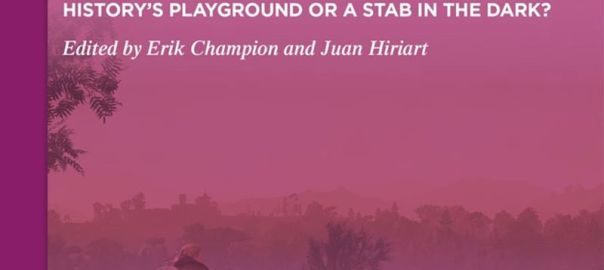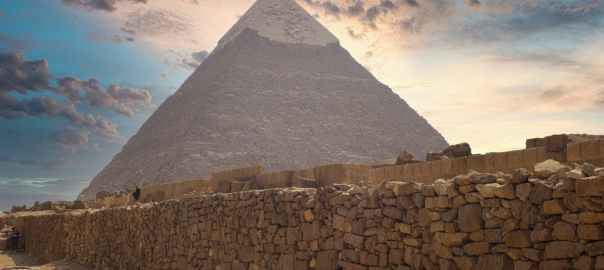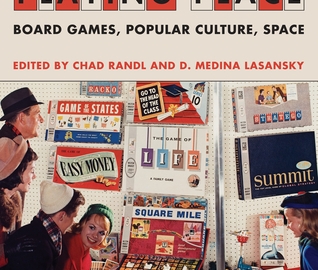There are intern (unpaid, sorry) projects available at IVE UniSA (and at University of Auckland).
I’m excited to announce the launch of the 2024 virtual intern program for the Empathic Computing Laboratory and IVE AR/VR research centre.
We have 21 great projects in AR/VR/XR, brain computing interfaces, AI, etc that you can do without leaving home.
Apply now and get the chance to work and publish with some of the best researchers in the world. See https://lnkd.in/g-WFSeJ
by Mark Billinghurst
I have 2 projects listed (at the end of the PDF):
VIP Project List- March 2024
Project 20: 3D and panoramic interactive viewer
Review software (preferably open access and low cost) that can offer interactive and interesting ways to combine 3D models and panoramic backgrounds. Ideally the 3D model or aspects of the panorama can communicate with the viewer and / or with each other. Ideally the software can be modified and works across a variety of platforms. To give you an idea of recent related work, this paper examines software for historic architecture “Outside Inn: Exploring the Heritage of a Historic Hotel through 360-Panoramas” MDPI Heritage 2023, presentations using 3D: https://www.mdpi.com/2571-9408/6/5/232
Student Skills and Background:
● Essential:
○ Experience with 3D media, panoramas and html scripting
● Desirable:
○ JavaScript
Expected Deliverables:
● Project leading to an academic publication and working proof of concept
Project Duration: 3 – 6 months IVE collaborators: Erik Champion
Project 21: Augmented Reality Workflows and Prototype Tools for Museums
Develop a simple and clear visual workflow or software wizard to provide non-programmers from the museum sector a way to visualize how their historic collections can be interacted with via AR phone-based software, ideally software that does not require downloading specialised apps (for example, works in the browser). It is ideally useful for android or apple phone-based operating systems, and allows for interactivity. The aim is to use this tool or schema in workshops with museum (GLAM) people to help them develop AR-based games even if they don’t have programming or interaction design experience. A way to gather data on how the tool or examples could be used would be an added benefit.
Student Skills and Background:
● Essential:
○ Skills in diagrams or mockups
● Desirable:
- ○ Interest in Augmented Reality for Android or Apple or other.
- ○ Interest in interaction design/user experience design Expected Deliverables:
● A workflow, a demo, and material for possible academic paper for a conference or a journal.
Project Duration: 3 – 6 months IVE collaborators: Erik Champion










